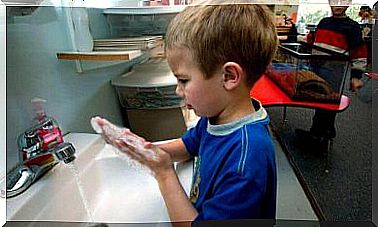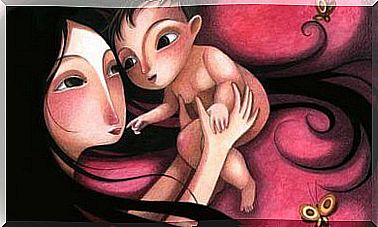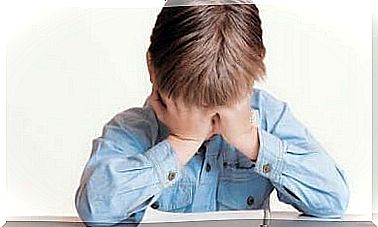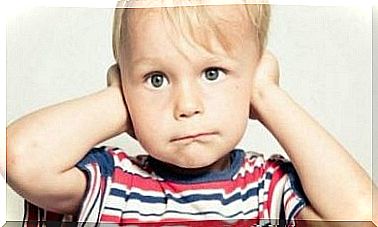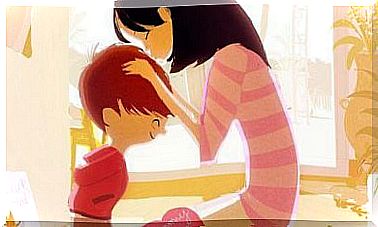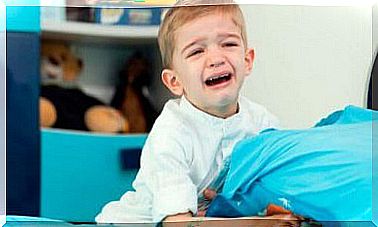Your Baby’s First Tooth – 6 Signs
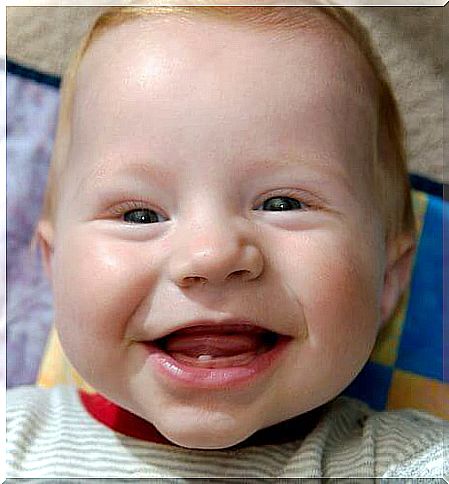
Your baby’s first tooth is undoubtedly a milestone for you as parents.
Your baby’s first tooth , however, is heralded in advance by a series of symptoms. We’ll tell you what they are and have tips for this phase.
However, once your baby’s first tooth is there, the others follow quickly and easily.
The process of teething begins at around 7 months. But there are a few exceptions.
Many babies are born and already have a tooth. And sometimes the first tooth shows up early – namely 2 or 3 months after the birth. And then again there are babies who remain toothless for a whole year.
Your baby’s first tooth and symptoms that herald it
There are a number of references to the famous first tooth. Do you have any suspicion that a nice little pearl will soon show up in your baby’s mouth?
Well, then we have 6 signs for you to check if the long-awaited moment is about to arrive.
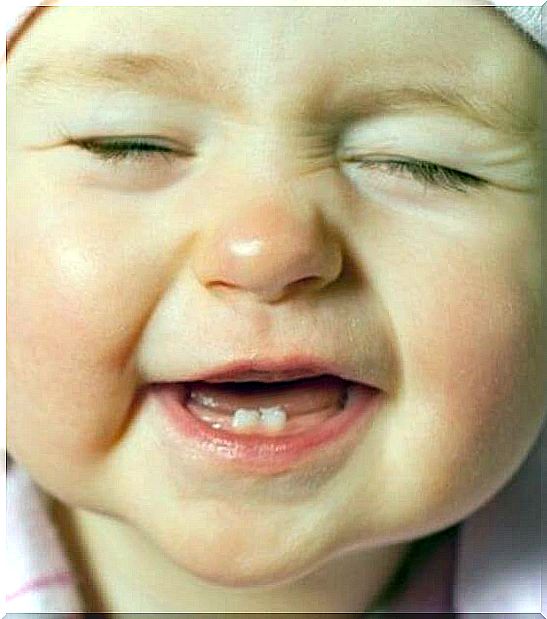
- Excessive saliva production. That is one of the clearest signs. However, it does not mean that the tooth will appear immediately. We advise you to have plenty of towels and bibs ready now.
- Rash and cough. Babies’ mouth and hands can become irritated as a result of excessive saliva production. These areas should therefore be dabbed and dried over and over again. A slight cough can also occur.
- Irritability and insomnia. The excessive production of saliva and the uncomfortable feeling on the gums are typical symptoms of teething and unfortunately uncomfortable for your baby. It is necessary to be patient with him at this stage, because during this time even the most peaceful babies can be in a terribly bad mood.
Your baby’s first tooth
- Your baby takes everything in her mouth. Has your child started biting while breastfeeding? Then your baby will put pressure on their jaw to relieve themselves. If you then see that everything else goes into your mouth – bingo! The first tooth is approaching. Because when babies bite something, it relieves the pain. So they bite their hands, clothes, and everything else. Therefore, you should be vigilant during this phase. Your child should not put anything in their mouths that could cause infection or poisoning. Or something it can choke on.
- Diarrhea. This is more common than you think. Diarrhea is a result of putting everything in their mouths. In other words: it has nothing to do with teething. If the diarrhea persists, see the pediatrician as soon as possible. Then it could also be a symptom of something else.
- All kinds of mood swings. The changes in a child’s behavior and mood can be frightening. When in pain, the child can become lethargic and apathetic. Other babies become more active and are constantly alert when teething begins. They try to use all kinds of activities to distract themselves from this feeling of malaise. They may even pull on their own ears and hair.
Your Baby’s First Tooth: What Can You Do?
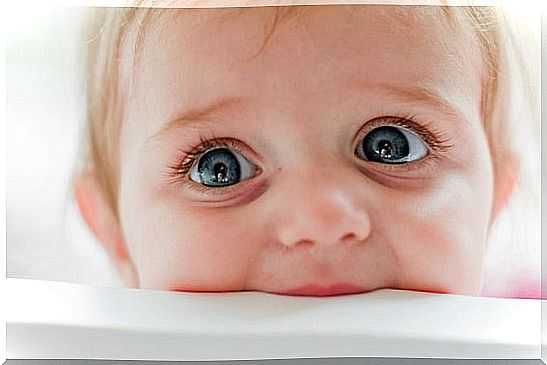
Any of the aforementioned signs can be an indicator of your baby’s first tooth. They anticipate the onset of teething.
But how should we as mothers act in this case? What can we do to calm the baby down and take some of the discomfort away?
As always, there is nothing better than seeing your trusted pediatrician. Only the expert can confirm your suspicion and rule out that the symptoms have another cause.
This information is important because it also calms us down. He also has tips on how to deal with it.
If the pediatrician is of the opinion that the first tooth is coming, then he may prescribe drops. These are very effective and will relieve your baby’s gum pain. But he will also say that they should be used carefully so that there are no side effects.
Sometimes pediatricians also recommend certain gels and rubber nipples. That too can relieve the pain. In any case, you will see that the teething phase becomes more pleasant for everyone involved with some helpful tips. And there is nothing like your baby’s restored smile – with their first tooth.
